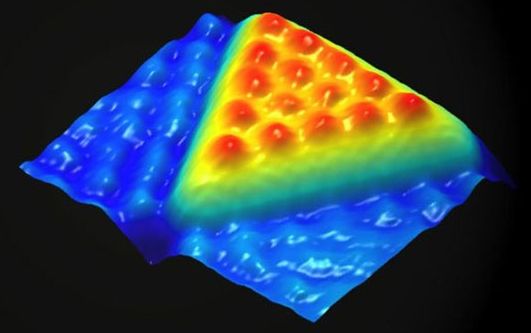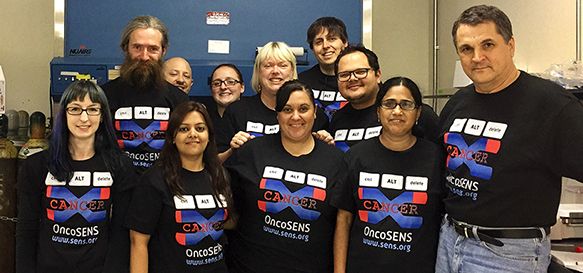
In a newly published study, nanoscientists look ahead to what we can expect in the coming decade, and conclude that nanoscience is poised to make important contributions in many areas, including health care, electronics, energy, food and water.
Nanoscience research involves molecules that are only 1/100th the size of cancer cells and that have the potential to profoundly improve the quality of our health and our lives. Now nine prominent nanoscientists look ahead to what we can expect in the coming decade, and conclude that nanoscience is poised to make important contributions in many areas, including health care, electronics, energy, food and water.
Significant progress has already been made in nanomaterials, report authors Paul Weiss, who holds a UC presidential chair and is a distinguished professor of chemistry and biochemistry at UCLA, and Dr. Andre Nel, chief of nanomedicine at the David Geffen School of Medicine at UCLA. In the journal ACS Nano, Weiss, Nel, who is a distinguished professor of medicine, and their colleagues say the following:
Continue reading “How Nanoscience Will Improve Our Lives in the Coming Years” »

















